
DMAA, a powerful ingredient, is often found in many fitness supplements, celebrated for its potent stimulant effects.
Perhaps you've noticed it on your pre-workout label or heard about it in enthusiastic gym conversations.
But what exactly is DMAA, and why should you care about it?
This comprehensive guide will unveil the truth about DMAA, delving into its benefits, risks, and the ongoing debates surrounding its use.
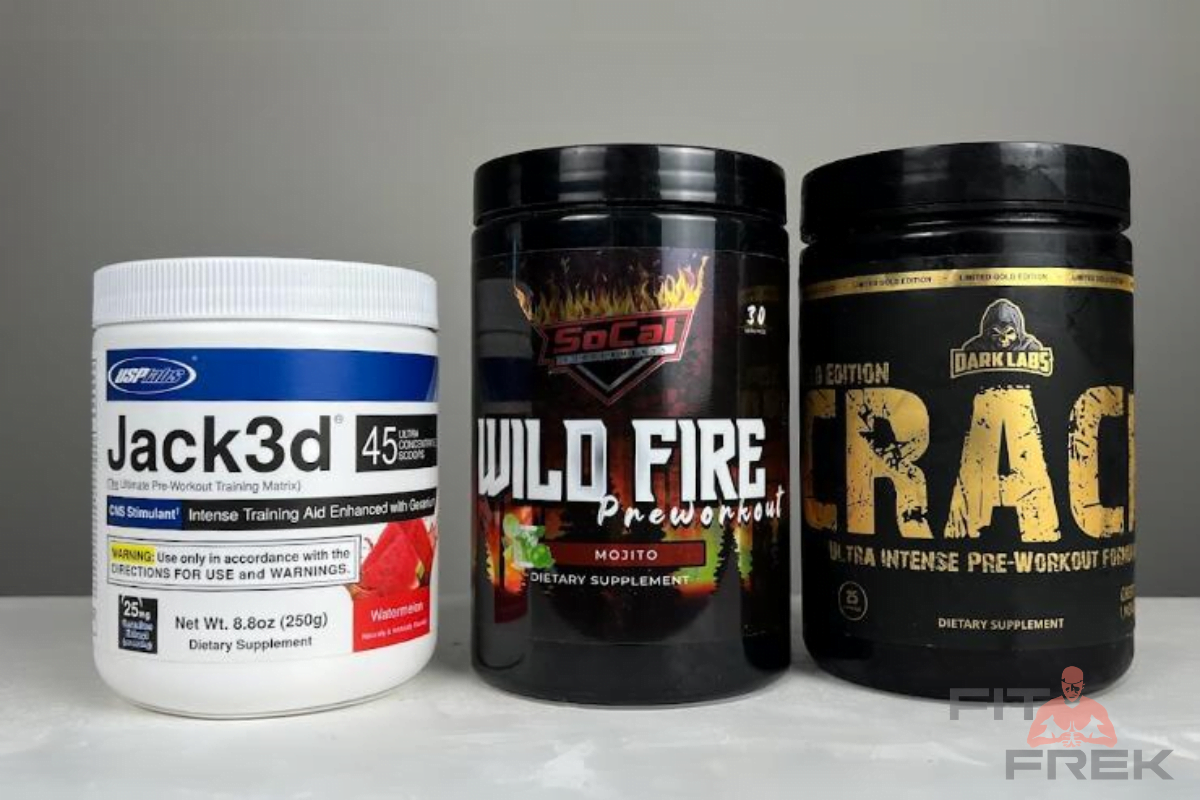
What is DMAA? A powerful stimulant for boosting energy and focus.
Why it matters: Your health and performance are on the line.
Understanding DMAA: It’s more than just reading supplement labels; it's about making informed choices for your fitness and well-being.
Let's get straight to the point and uncover the truth behind DMAA.

As the founder of FitFrek and a passionate fitness enthusiast since 2004, my journey with pre-workouts and supplements spans over a decade.
My firsthand experience with DMAA-containing supplements began in 2010 when I eagerly explored various options to supercharge my workouts.
My fitness journey with DMAA has been eye-opening, providing me with unique insights into its powerful effects and the ever-evolving landscape of fitness supplements. Here are some highlights from my experience:
This article is not just a compilation of scientific studies and regulatory updates; it’s enriched with my personal experiences and the overarching mission of FitFrek.
Our goal is to present a balanced perspective on DMAA, guiding you through the complexities of supplement choices on your fitness journey.

DMAA, short for 1,3-dimethylamylamine, is a synthetic compound designed to mimic natural stimulants.
Originally introduced as a nasal decongestant, it has found its way into the fitness world, particularly in pre-workout supplements, for its powerful energy-boosting effects.
Unlike caffeine, DMAA delivers an intense surge in energy and focus, making it a preferred choice for those aiming to push their limits in the gym.
The allure of DMAA is in its promise of heightened alertness and delayed fatigue, offering athletes and fitness enthusiasts an edge during their workouts.
However, this intensity is not without its controversies and risks.
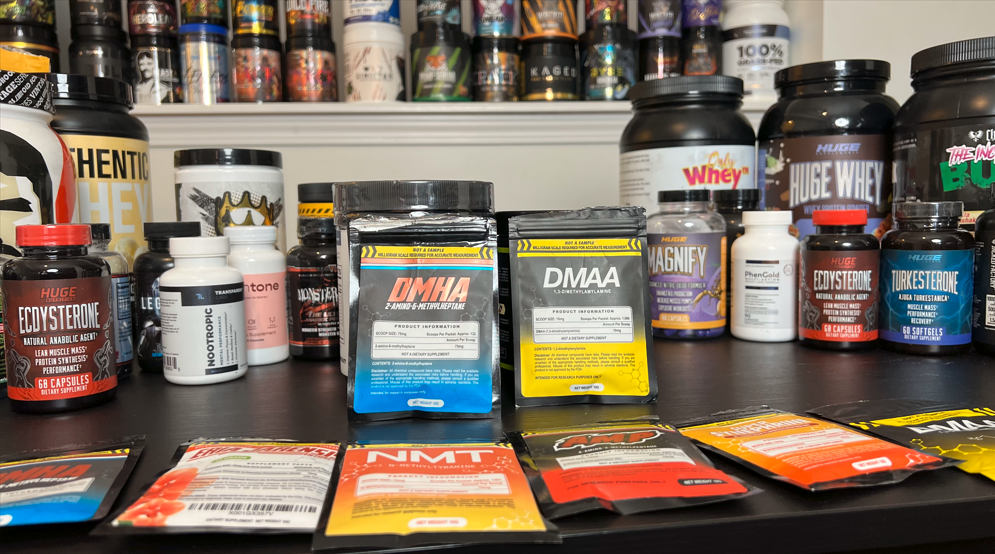
DMAA works by mimicking the action of adrenaline, the natural hormone that prepares your body for 'fight or flight' responses.
By stimulating the central nervous system, DMAA increases heart rate and blood pressure, significantly enhancing focus and energy during workouts.
However, these powerful effects come with potential health risks, particularly regarding cardiovascular health.
Research and expert opinions consistently highlight the need for caution. Studies, including one published in BMC Pharmacology and Toxicology (Schilling et al., 2013), have linked DMAA to several adverse effects, ranging from mild headaches to severe cardiovascular events.
The FDA has issued warnings about DMAA, underscoring its potential health risks and the critical importance of informed usage.
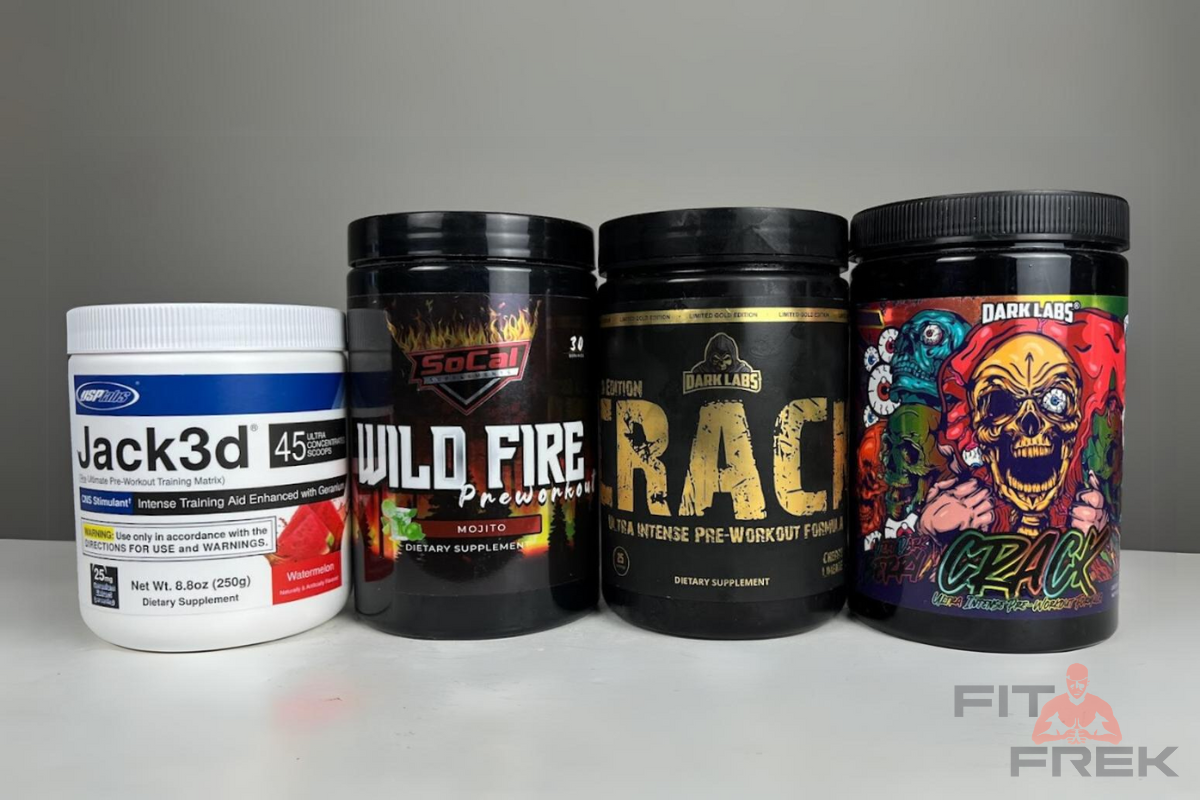
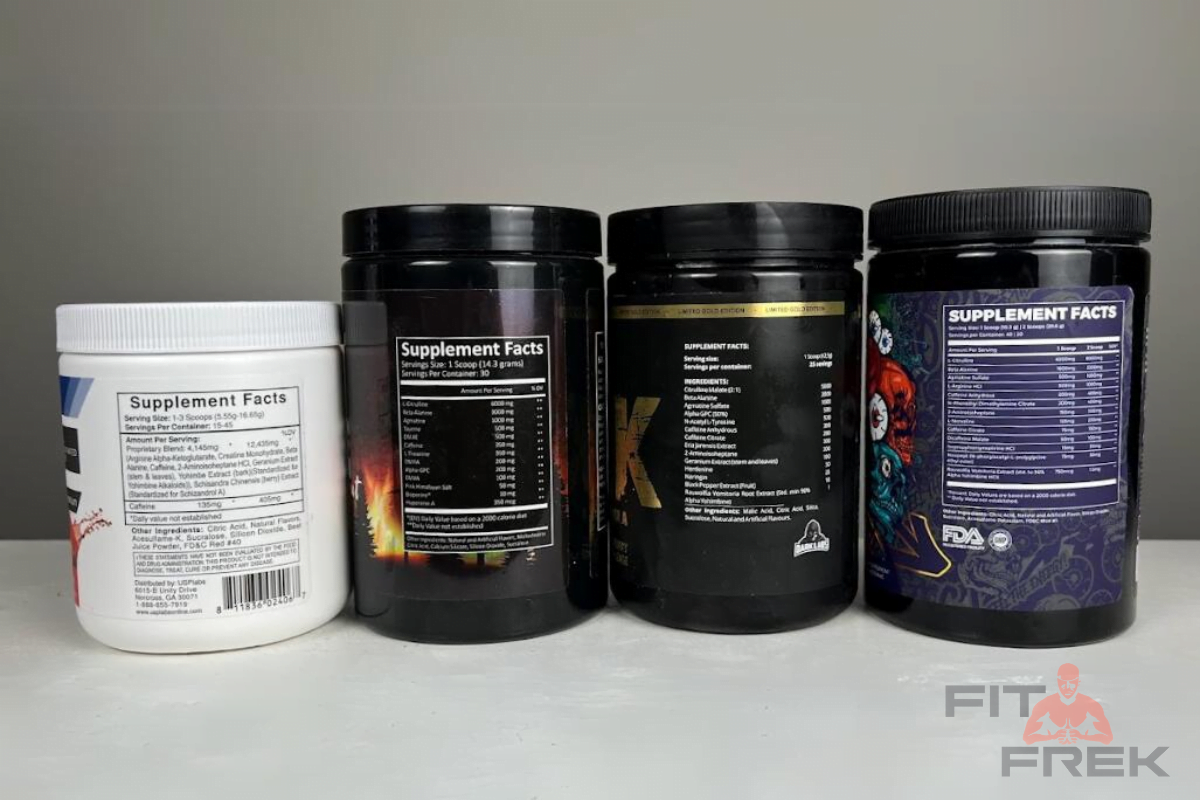
Experts from various fields within health and fitness have weighed in on DMAA, presenting a spectrum of views that reflect its complex nature.
Nutritionists, fitness trainers, and medical professionals consistently express concerns over its safety, highlighting the lack of comprehensive studies on its long-term effects.
Catherine Rall, a Certified Nutritionist at Happy V, warns of DMAA's association with serious health issues, such as heart arrhythmias and seizures.
David Rosales, NSCA-CPT and Head Trainer at Roman Fitness Systems, advises against its use for non-elite athletes, suggesting safer alternatives like caffeine.
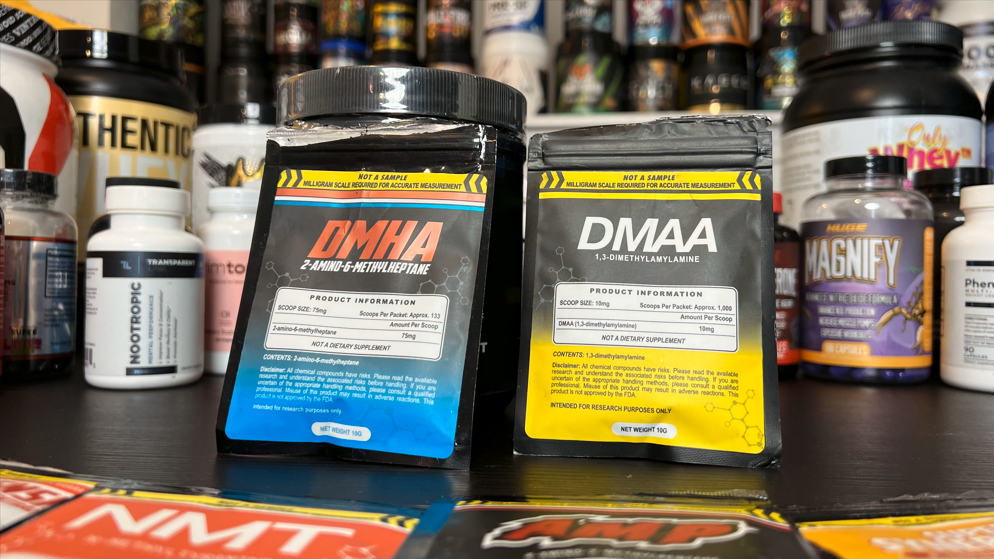
Dan Gallagher, a Registered Dietitian at Aegle Nutrition, points out the risks for individuals with heart conditions and competitive athletes, due to its similarity to amphetamines.
These expert insights underline the importance of approaching DMAA with caution.
While it may offer temporary performance boosts, the potential health risks cannot be overlooked.
Making informed decisions based on professional advice is crucial to ensuring your fitness journey is both effective and safe.
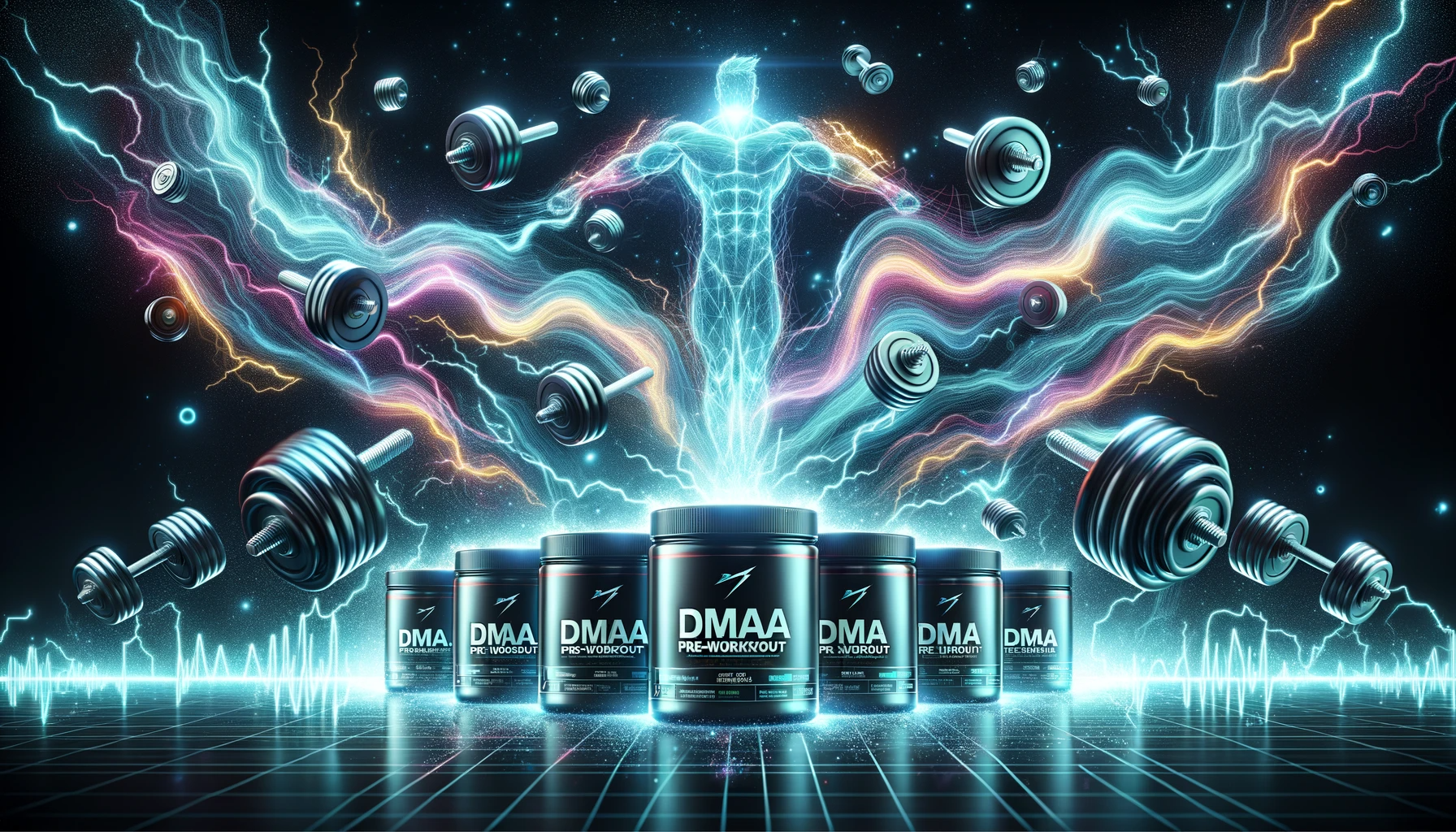
While DMAA is highly sought after for its potent stimulant effects, it's crucial to understand the potential health risks it carries.
The compound’s mechanism, which mimics adrenaline, can significantly impact the cardiovascular system, leading to increased heart rate and blood pressure.
These effects, though beneficial for short-term performance enhancement, pose serious risks.
The appeal of enhanced athletic performance and focus is compelling, but it’s vital to weigh these benefits against the potential for serious health consequences.
Consulting with healthcare professionals and considering safer alternatives is advisable for anyone looking to improve their fitness regimen.

The allure of enhanced athletic performance and focus can be compelling, but it's crucial to weigh these benefits against the potential for serious health consequences.
Consulting with healthcare professionals and considering safer alternatives is advisable for anyone looking to improve their fitness regimen.
The legal and regulatory landscape surrounding DMAA is complex and ever-evolving, reflecting significant concerns over its safety and the lack of comprehensive data supporting its use.
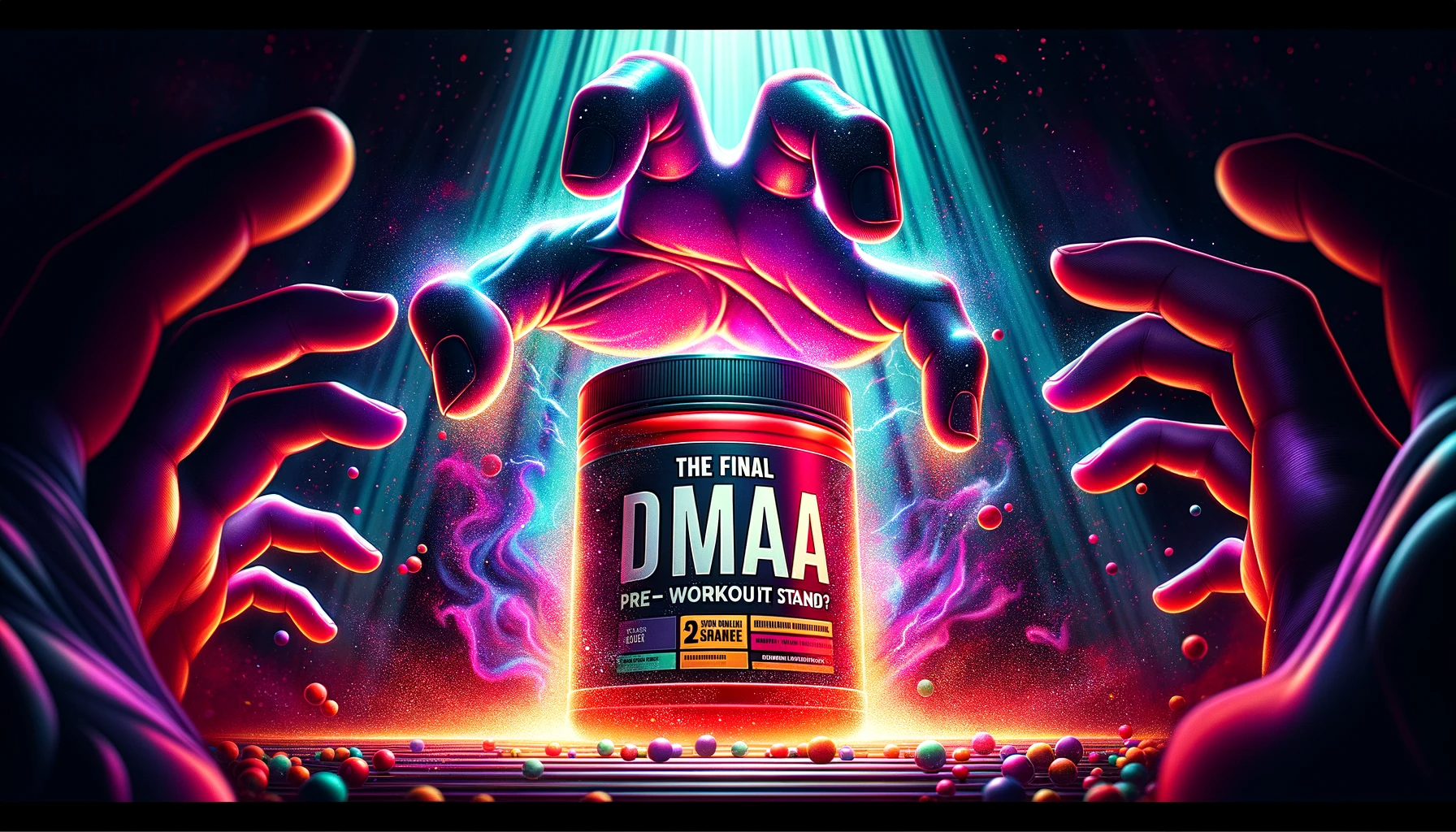
Understanding this context is crucial for anyone considering DMAA supplements, as it directly impacts their availability and legality.
For consumers, the regulatory status of DMAA serves as a critical indicator of its potential risks and underscores the importance of diligence in selecting supplements.
Staying informed about the latest regulatory developments and prioritizing products that comply with safety standards and legal requirements is advisable.

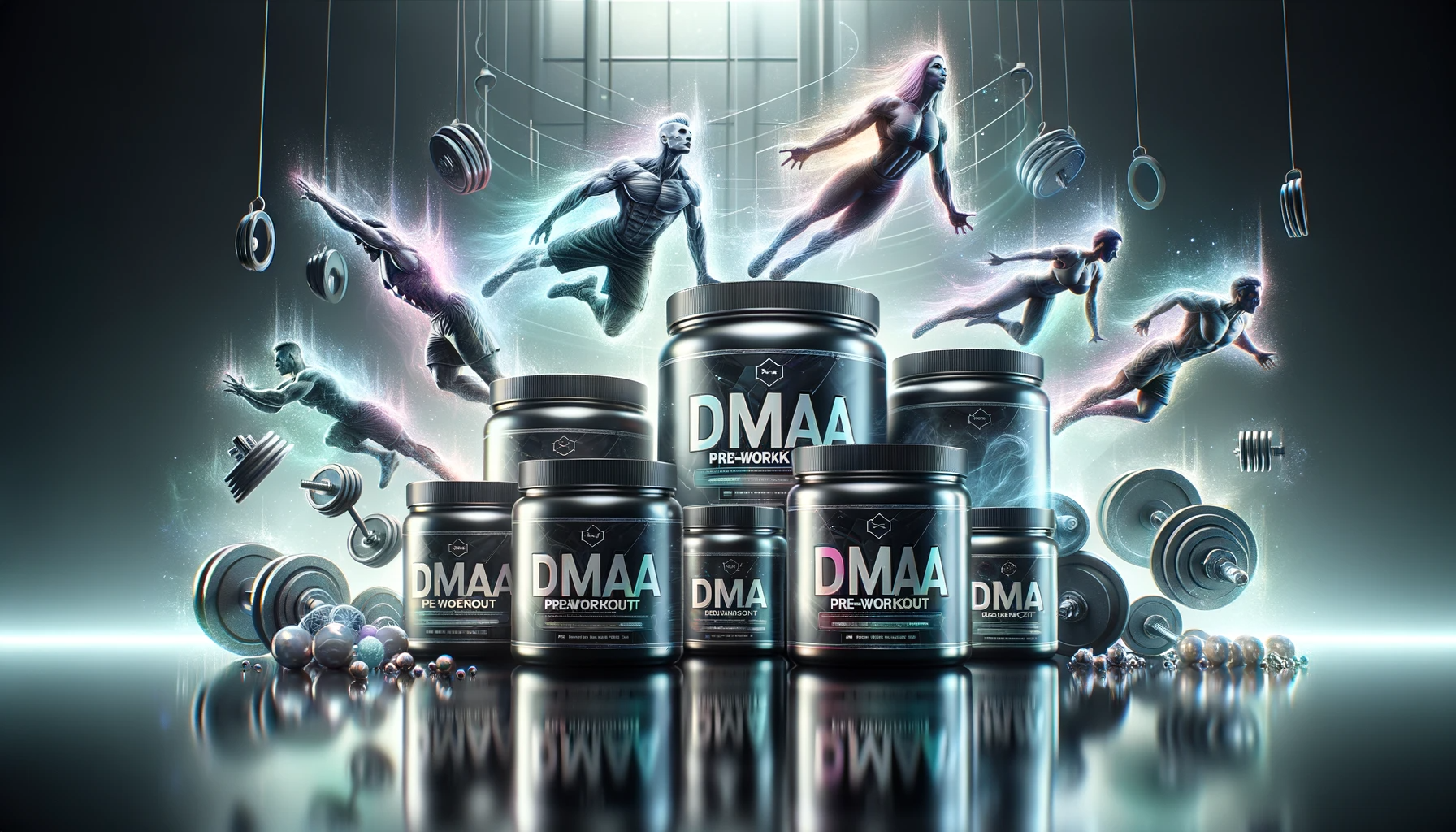
Looking for a safer alternative to DMAA that can still supercharge your workouts? Here are some top picks that combine performance with safety:
Each of these alternatives comes with its unique benefits and considerations. It’s important to start with minimal doses to gauge your body’s response and always consult a healthcare professional, especially if you have pre-existing health conditions or are on other medications.
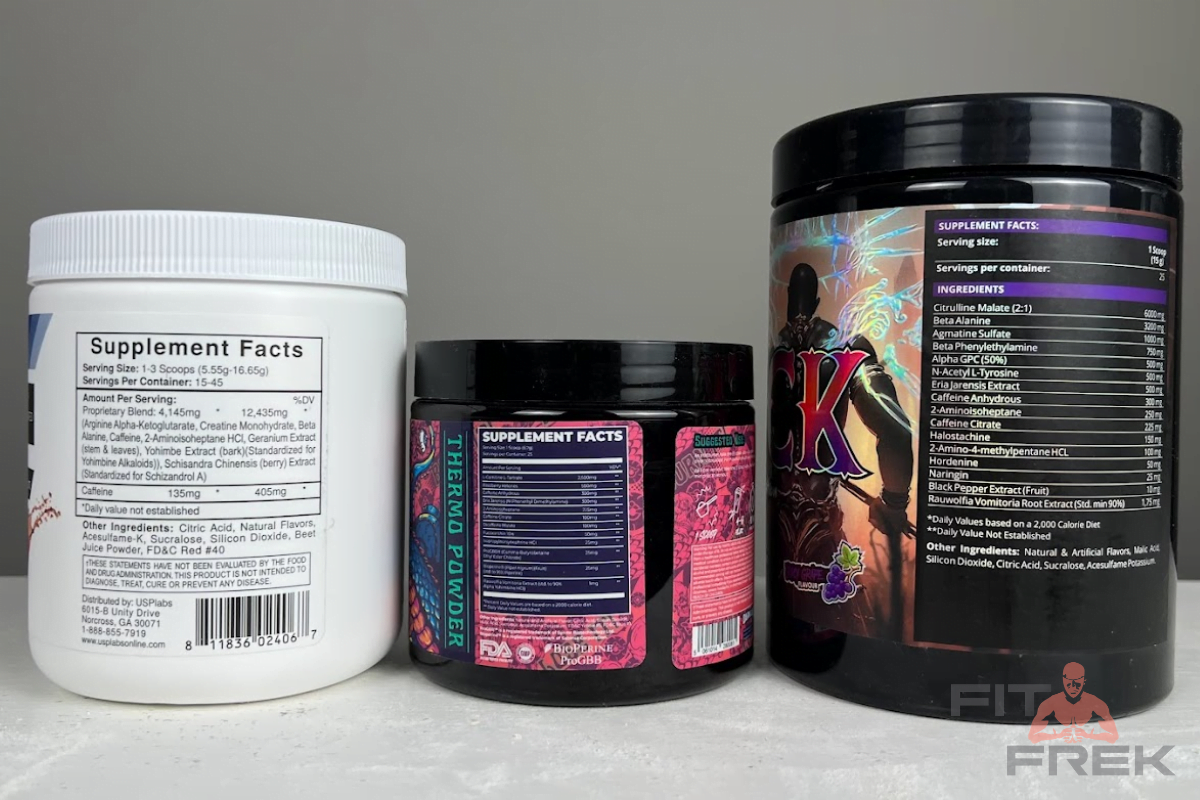
Navigating the world of supplements, especially when considering stimulants like DMAA and its alternatives, requires informed decision-making.
Here’s how to ensure you’re making the best choices for your health and fitness goals:

Making informed choices about supplements means prioritizing your health and safety over potential performance gains.
By following these steps, you can navigate the complex supplement landscape with confidence, ensuring your choices support your fitness journey and overall well-being.
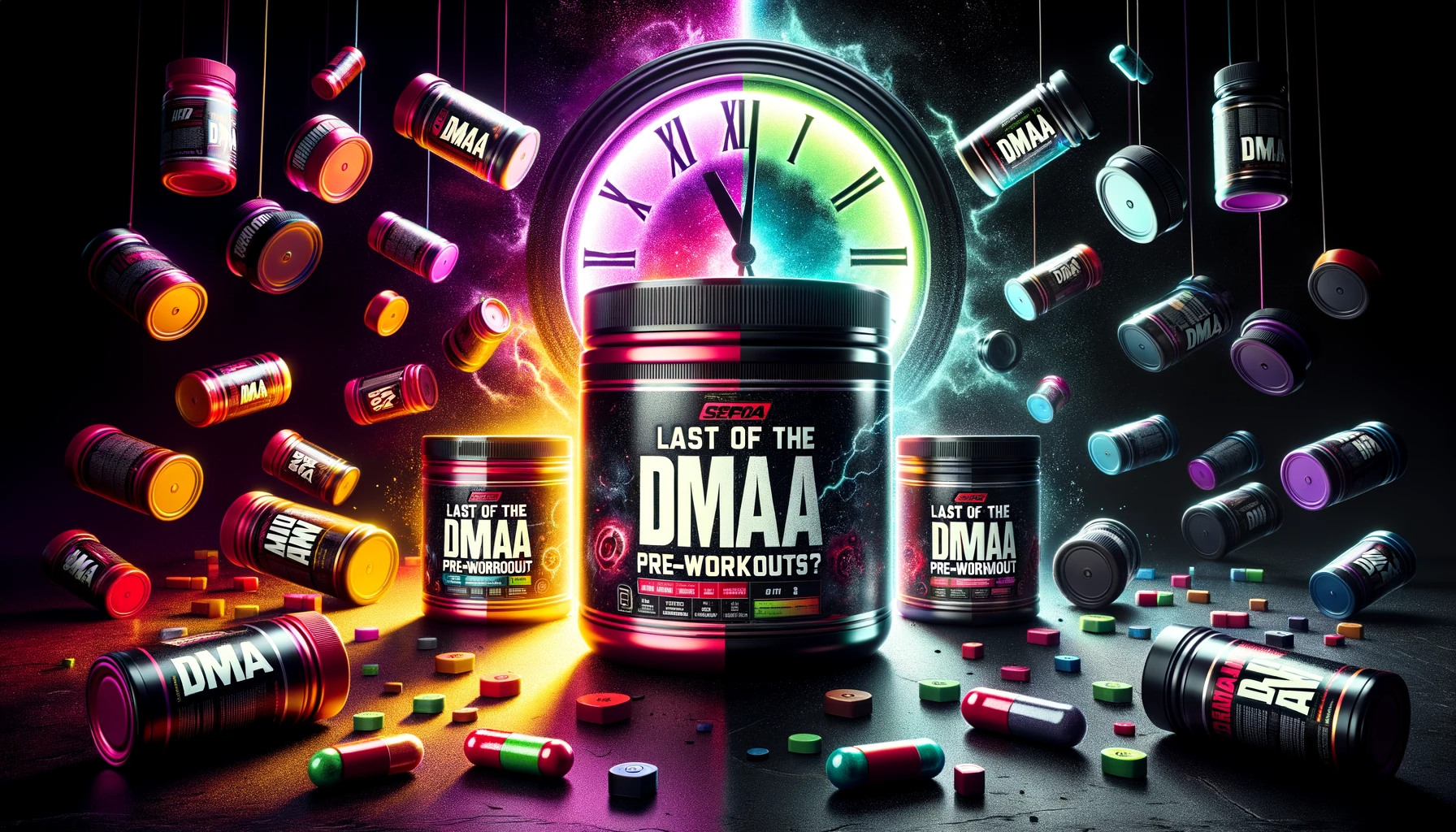
What's the difference between DMAA and DMHA?
For an in-depth comparison, check out our article on DMAA vs. DMHA: Understanding the Differences, which explores their effects on energy and focus.
How does DMAA compare to DMAE in supplements?
Discover the key distinctions in our guide, DMAA vs. DMAE: Supplement Showdown, focusing on their benefits and uses.
Is it possible to snort DMAA for faster effects?
While unconventional, the method of consuming DMAA can impact its effects. Learn more in Can You Snort DMAA? Unpacking the Risks.
How does DMAA affect drug test results?
Athletes concerned about testing should read DMAA and Drug Tests: What You Need to Know for essential insights.
Are there any reported deaths related to DMAA usage?
The safety of DMAA is a hot topic. Find out more in DMAA-Related Deaths: Separating Fact from Fiction.
Can I legally buy DMAA supplements?
The legality of DMAA varies. For current information, visit Is It Legal to Buy DMAA? for a comprehensive overview.
What are the main effects of DMAA on the body?
To understand how DMAA impacts your workout and health, read The Effects of DMAA: Boost or Bust?.
In exploring DMAA and its alternatives, the goal has been to equip you with the knowledge to make choices that align with your fitness goals, health, and safety.
Remember, supplements are just one piece of the puzzle in achieving optimal performance and health.
Diet, exercise, and lifestyle choices play equally, if not more, significant roles.
Stay informed, consult professionals, and choose wisely to support your journey to peak fitness.
Schilling, B. K., Hammond, K. G., Bloomer, R. J., Presley, C. S., & Yates, C. R. (2013). Physiological and pharmacokinetic effects of oral 1,3-dimethylamylamine administration in men. BMC Pharmacology and Toxicology. Link
Smith, T. B., Staub, B. A., Natarajan, G. M., Lasorda, D. M., & Poornima, I. G. (2013). Acute Myocardial Infarction Associated with Dietary Supplements Containing 1,3-Dimethylamylamine and Citrus aurantium. Baylor University Medical Center Proceedings, 26(3), 330-331. Link
Bloomer, R. J., Harvey, I. C., Farney, T. M., Bell, Z. W., & Canale, R. E. (2011). Effects of 1,3-dimethylamylamine and caffeine alone or in combination on heart rate and blood pressure in healthy men and women. The Physician and Sportsmedicine, 39(3), 111-120. Link
FDA. (2013). DMAA in Products Marketed as Dietary Supplements. Link
Useful Links
 About FitFrek
About FitFrekFitFrek operates as an independent platform, offering comprehensive workouts, programs, routines, guides, and unbiased reviews to accelerate your progress. We pride ourselves on our honesty, delivering straightforward and candid insights. FitFrek does not offer medical advice, diagnosis, or treatment services.